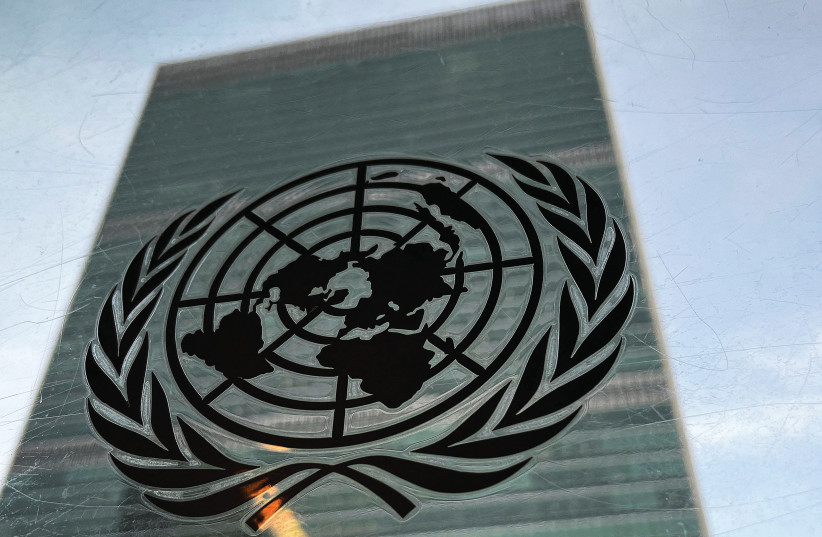Russian-American rivalry prevented the United Nations Security Council from issuing its first-ever condemnation of Hamas late Wednesday.
Both countries submitted resolutions to the UNSC on the Gaza war and the October 7 Hamas assault on Israel in which over 1,400 people were killed and over 220 taken hostage.
The American resolution and the Russian one both condemned Hamas. The US resolution called for a humanitarian pause to the Gaza War, sparked by the October 7 assault; the Russian one called for a cease-fire.
US Ambassadors to UN lashed out at Russia
United States ambassadors to the UN, Linda Thomas-Greenfield and Robert Wood, both lashed out at Russia for failing to support their document in favor of one of their own, which was submitted at the last moment.

“It is disappointing that Russia would rather try and score political points and further divide this council than address the current urgent needs of Israelis and Palestinians,” Wood stated.
Israel’s Ambassador to the UN Gilad Erdan said that those who rejected the US text were blind to Israel’s agony.
“Your decision shocks me to my core. In Israel we are fighting for our very survival,” Erdan said.
“You cannot condemn even these attacks on civilians perpetrated by terror organizations.
“if any of your countries endured a similar massacre, I am certain you would act with much greater force than Israel," he said.
There would be no question in your mind that such barbaric slaughter requires a broad military operation against the terrorist who committed such inhumane atrocities,” the ambassador said.
“How would Moscow react if terrorist death squads wiped out entire neighborhoods in Moscow? How would Beijing respond if genocidal jihadists beheaded and murdered your babies?” he asked.
“Should the Security Council not condemn the terrorists and their crimes against [your] innocent civilians, each of you would be just as shaken as I am. You would feel that there was a blatant double standard and the international community is blind to your agony,” Erdan said.
“Those who have voted against the US resolution have shown the world that this council is incapable of doing the most basic task, of condemning ISIS-like terrorists and cannot confirm the right to self-defense of the victim of these heinous crimes."
The UNSC rejected the Russian text 4-2, with nine abstentions.
The US-backed text had enough votes to pass the 15-member body. It was approved by ten member states, with another three abstaining. A resolution needs only nine votes for approval.
Russia and China, however, vetoed the US text. They are among five countries with veto power against such action at the UNSC, the others being the US, UK and France.
The US had amended its proposal to ensure passage. An initial text had stated that Israel had a right to defend itself and demanded that Iran stop exporting arms to "militant" groups.
These points were then taken out of the text in hopes of ensuring passage.
Given that both Russia and the US have veto power, both countries would have to support the same text for any resolution on the Gaza war for it to be approved.
The UNSC meeting followed three failed attempts to pass a resolution on the October 7 Hamas assault and the Gaza war it sparked.
Two previous resolutions by Russia and one by Brazil had in the last weeks been rejected.
Reuters contributed to this report.
